Curious Questions: Why do actors say ‘break a leg’?
The best-known phrase for wishing an actor luck is also the most baffling. Martin Fone, author of 'Fifty Curious Questions', investigates.

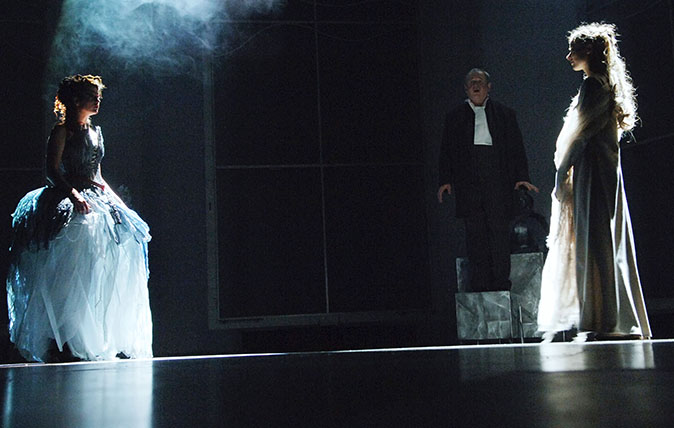
There was a time when I used to consort with musos and thesps. Just before they mounted the stage they would often exhort each other to ‘break a leg’, meaning good luck or give it your best shot.
It always seemed to me to be a strange thing to say, although a broken leg would inconvenience an actor more than a musician. Where did it come from?
According to that inestimable collector of etymological gems, Eric Partridge, break a leg was used in around 1670 to mean to give birth to a bastard child. Quite why it meant that is mystifying enough and while I have not been able to track down the usage to see if the context would give us any clues, there is no reason to disbelieve him. But its usage was rare even at the time and it is difficult to see why the artistic brigade would choose to resurrect that particular meaning.
In 1937 the Evening State Journal from Lincoln, Nebraska, commented rather wistfully; ‘with all the break-a-leg dancing there are many who still warm to graceful soft shoe stepping.’ There is little doubt that break-a-leg in this context meant strenuous as it did in a rather patriotic boast in Indiana’s The Hammond Times from 1942; ‘Whatever the army or navy want, the Continental Roll [and Steel Foundry] will turn out ... Or break a leg trying.’
Some etymologists point out that break a leg could be a corruption of the Hebrew ‘hatzlakha u-brakha’ which means success and blessing. It is not inconceivable given the Jewish diaspora from Mitteleuropa to English-speaking countries, the propensity of speakers for whom English is their native tongue to mangle foreign phrases and the penetration of people of the Jewish faith into the entertainment industry.
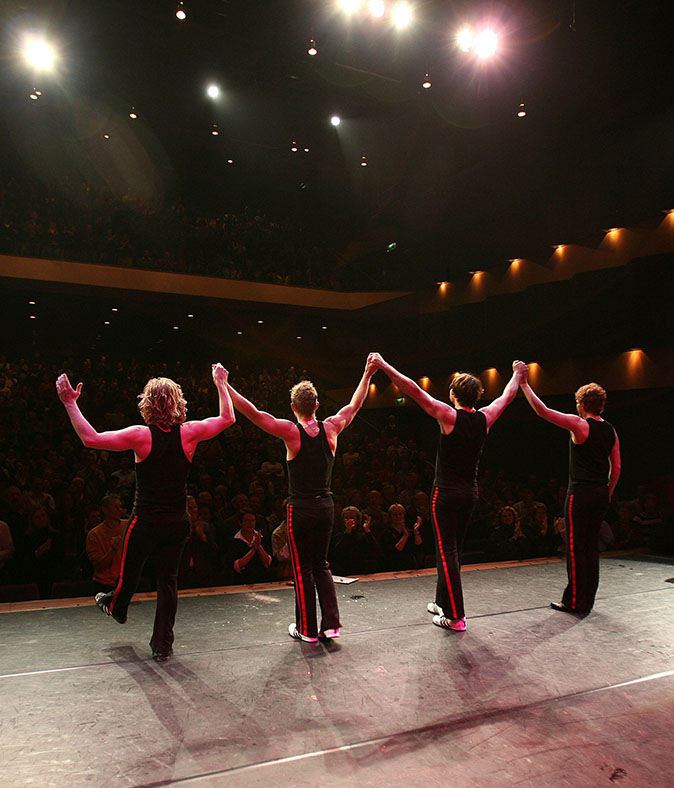
We should also add into the mix a bit of Second World War slang, popular with the Luftwaffe: ‘Hals und Beinbruch’ which loosely translates as break your neck and leg. They often did. However, it is unlikely to be the origin of our phrase, given the pre-war usage noted above. But if it owed its origin to the Hebrew blessing, it would in itself be a fascinating and astonishing bit of Semitic cultural cross-pollination.
The earliest reference to break a leg in a theatrical context, at least in print, seems to be as late as 1948. In an article entitled Ask the Gazette in the Charleston Gazette, the anonymous respondent, when asked to enumerate acting superstitions, includes ‘Another is that one actor should not wish another good luck before a performance but say instead “I hope you break a leg”.’
Exquisite houses, the beauty of Nature, and how to get the most from your life, straight to your inbox.
This almost certainly means that the phrase was in use in speech well before then but precisely when is hard to pin down. It seems that the phrase is a variant of the usage of break a leg as doing something strenuously or with vigour which may in turn just come from the Hebrew blessing.
What it almost certainly means is that we can dismiss some of the more fanciful suggestions that have arisen over the years, such as performing so well that you have to bend your knee to bow or curtsey to lap up the applause or to stoop to pick up the coins the ecstatic audience have thrown on to the stage. Nor is it likely to refer to the aspiration that this performance will secure the actor their big break nor the act of getting on to the stage, even though the side curtains were known as legs. Neither is it likely to be an the invocation of the spirit of that famous one-legged actress, Sarah Bernhardt; nor John Wilkes Booth, who broke his legs when jumping on to the stage after shooting Abraham Lincoln.
But then I may be wrong. That, after all, is the fascination of etymological researches.
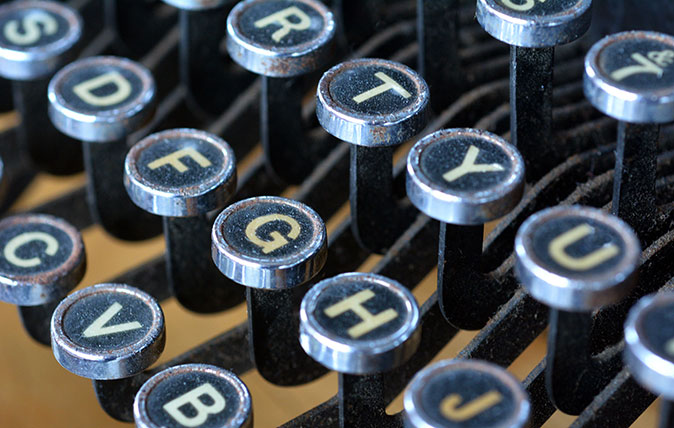
Credit: Rex
Curious Questions: Why do we still use the QWERTY keyboard?
The strange layout of keyboards in the Anglophone world is as bafflingly illogical. Martin Fone, author of 'Fifty Curious Questions',
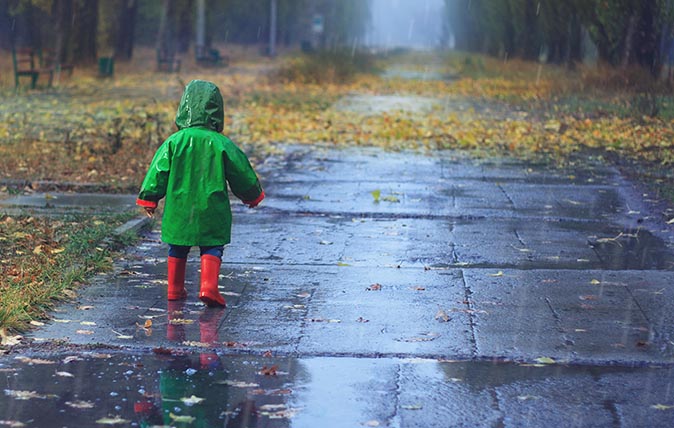
Curious Questions: Do you get wetter running or walking in the rain?
Does running in the rain get you out of it quicker? Or do you just run into more water more
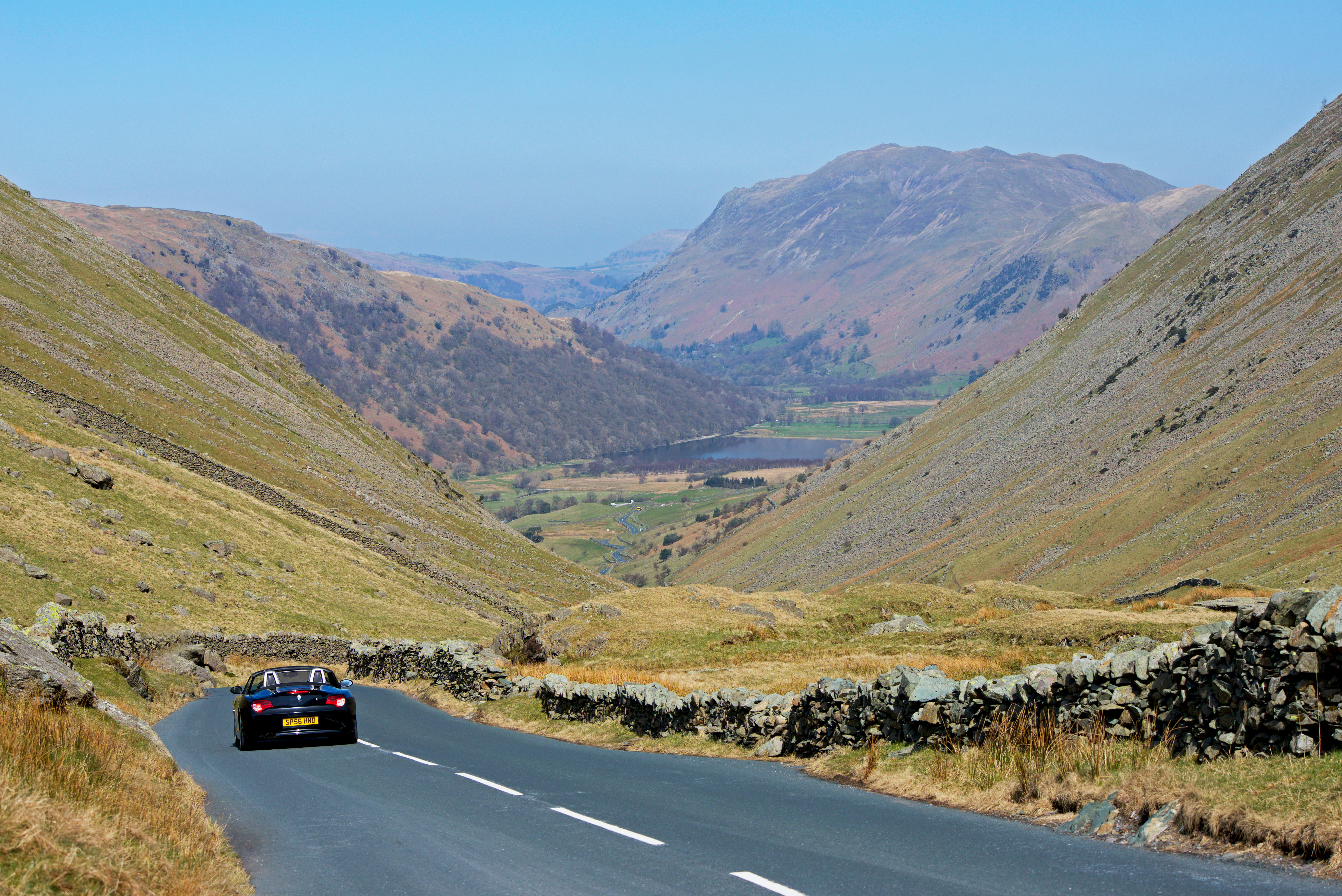
Curious Questions: Why do the British drive on the left?
The rest of Europe drives on the right, so why do the British drive on the left? Martin Fone, author

Credit: apples and oranges Photo by Best Shot Factory/REX/Shutterstock
Curious Questions: Can you actually compare apples and oranges?
It's repeated so often these days that we've come to regard it as a truism, but are apples and oranges
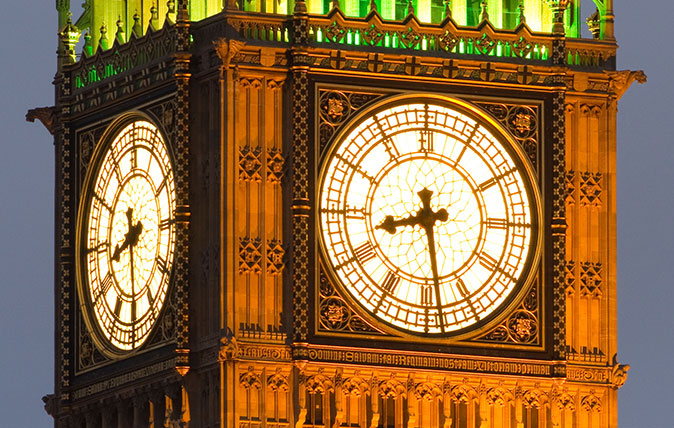
Credit: alamy
Curious Questions: Why is a day divided into twenty-four hours?
We've been counting things in convenient chunks of ten for thousands of years, so why on earth is a day

Credit: Alamy
Curious Questions: How can you tell if the Union Jack is upside down?
After graduating in Classics from Trinity College Cambridge and a 38 year career in the financial services sector in the City of London, Martin Fone started blogging and writing on a freelance basis as he slipped into retirement. He has developed a fearless passion for investigating the quirks and oddities of life and discovering the answers to questions most of us never even think to ask. A voracious reader, a keen but distinctly amateur gardener, and a gin enthusiast, Martin lives with his wife in Surrey. He has written five books, the latest of which is More Curious Questions.
